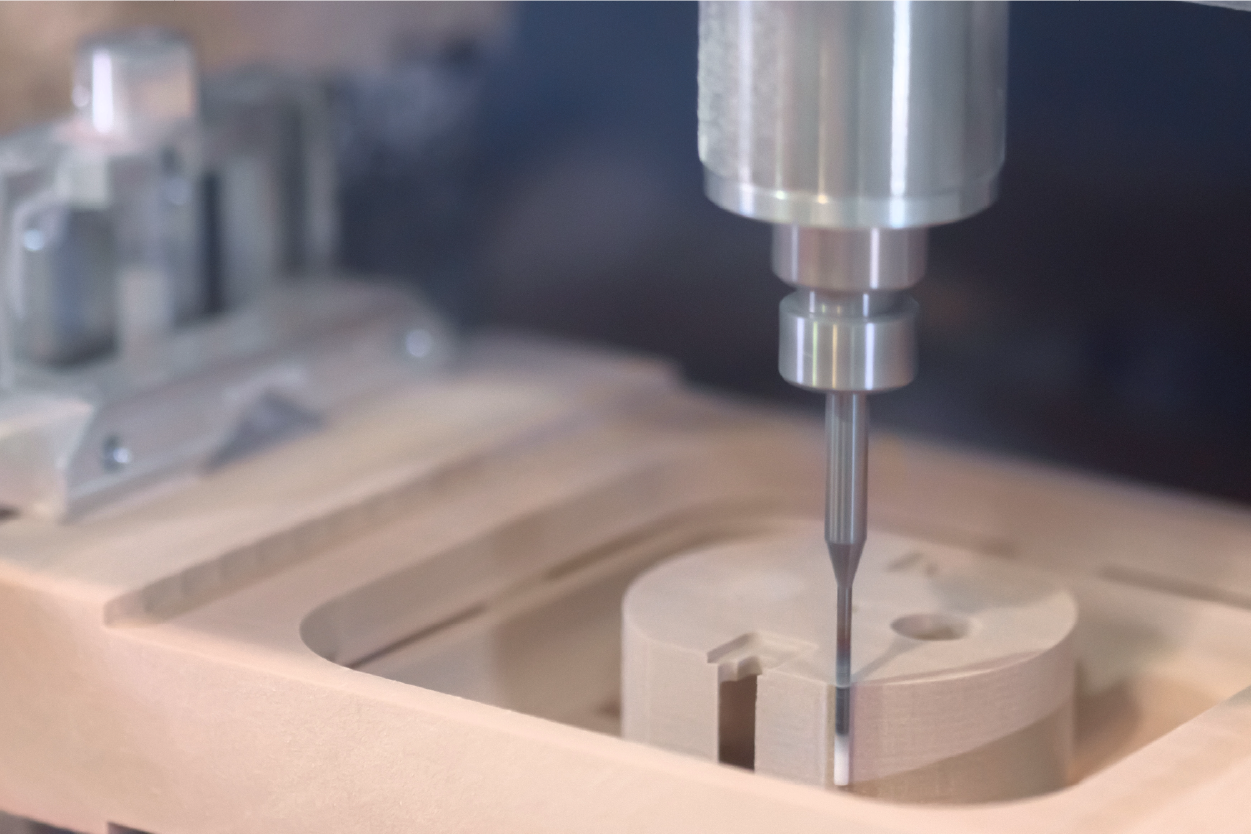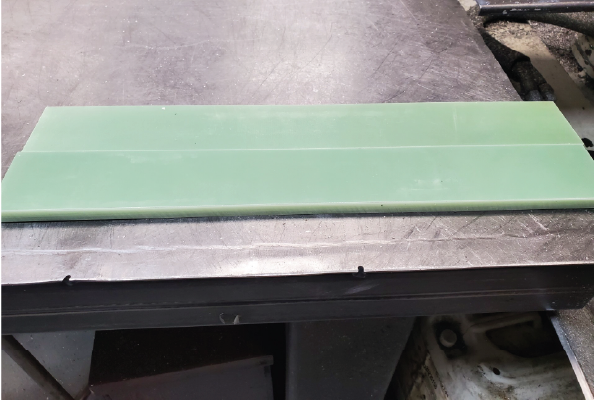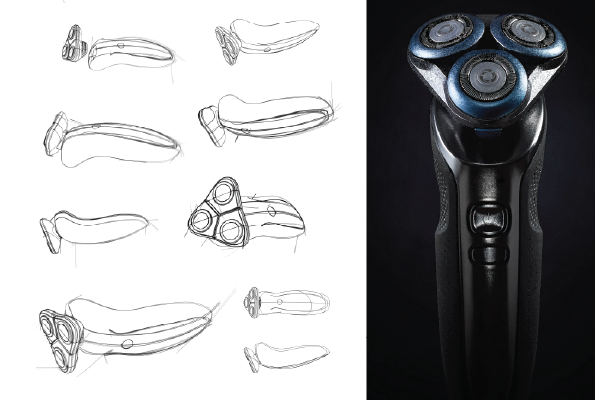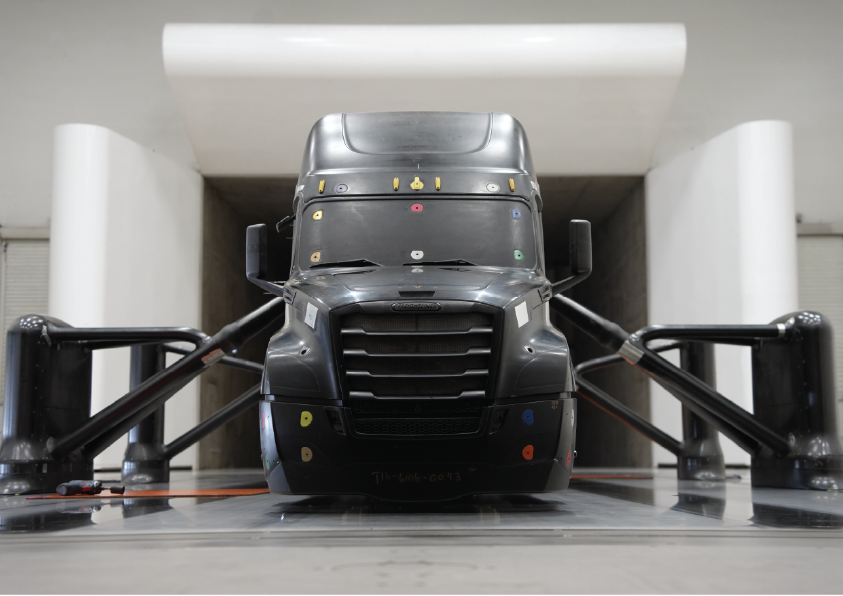
There is a rising need for precise plastic parts in many industries. This blog post will examine how CNC machining works with plastic materials and its benefits.
Our advanced capabilities, coupled with the expertise of our team, can help turn your ideas into reality. Whether you need rapid prototypes or low-volume production, we provide high-quality plastic parts that match your specifications.
When are plastic materials suitable for machining projects?
Plastic materials are an excellent choice for many machining projects. They are lightweight, corrosion-resistant, and easily shaped into complex forms. Common plastics used in machining include acrylic, nylon, polycarbonate, and PTFE. Each type has different qualities that make it suitable for specific uses. When choosing a plastic for your project, consider the required strength, finish, and cost to find the best material.
A few Common Plastics Used in CNC Machining
The properties of the chosen plastic play a significant role in the final product, making the selection process a crucial and empowering part of the manufacturing journey. Here are some common types of plastic used in CNC machining:
Acrylic (PMMA)
Acrylic is a lightweight material known for its clear and transparent qualities, making it an excellent glass substitute. It is impact-resistant, and its smooth finishes can be easily machined. Acrylic works well when visibility is essential, such as display cases and signage.
Polycarbonate (PC)
Polycarbonate offers properties like strength and durability. Protective covers and safety goggles use this material because of its resistance to breakage. While it may be more challenging to work with than acrylic, polycarbonate is overall more rigid.
Nylon (PA)
Nylon is a strong and flexible plastic that resists wear and abrasion. Gears, bearings, and other parts that encounter a lot of friction or stress use this material. CNC machining can shape nylon into complex designs while keeping accurate dimensions.
ABS (Acrylonitrile Butadiene Styrene)
ABS is a rigid, impact-resistant plastic widely used in various applications, including automotive parts, consumer goods, and electronic housing. It is easy to machine and finish to a high aesthetic standard.
Delrin (Polyoxymethylene, POM)
Delrin is a strong plastic known for being low-friction and stiff. Precision engineering uses it for parts like gears, fasteners, and wear strips. CNC machining can create accurate shapes and smooth surfaces with Delrin.
PTFE (Polytetrafluoroethylene)
PTFE, commonly known as Teflon, is recognized for its low friction and chemical resistance. This material is ideal for non-stick applications or parts that come into contact with harsh chemicals. While PTFE can be difficult to machine because it is soft, it is essential for specific specialized uses.
Different types of plastic require specific machining methods. These include cutting speed, tool choice, and whether cooling or lubrication is needed. When selecting plastic for CNC machining, it is crucial to consider both the material’s properties and the specific needs of the final product to get the best results.
What industries use machined plastic materials?
Plastic materials are crucial in modern manufacturing because they offer many benefits for different industries. Their versatility—lightweight yet durable, cost-effective, and flexible in design—has led to machined plastic components being used in many sectors, inspiring new ways of product design and manufacturing.
.
Automotive Industry
The automotive industry shows how functional machined plastic materials can be. Car manufacturers use these materials for many parts, including interior trim, dashboard panels, door handles, and structural components. Plastic is lightweight, which can help improve fuel efficiency. Its strength also ensures that it performs well in the harsh conditions of the automotive environment.
Aerospace and Defense
Machined plastic parts are essential in aerospace and defense because they can handle extreme conditions. Aircraft interiors and satellite components use these materials for components. They are strong, lightweight, corrosion-resistant, and stable under heat, making them ideal for critical missions.
Medical and Healthcare
The medical and healthcare industries use machined plastic materials because they offer many benefits. These materials are common in making medical devices, prosthetics, and surgical instruments. They are safe for the body, sterilized easily, and made with high precision.
Electronics and Telecommunications
The electronics and telecommunications industries use machined plastic parts for many purposes, such as making housings for electronic devices, protective casings, and detailed parts for telecommunications equipment. Plastic is popular in these industries because it insulates well and allows for flexible designs.
Consumer Goods
Machined plastic materials are commonly used in the consumer goods industry to make various products, such as household items, toys, sporting goods, and personal care accessories. They are cost-effective, customizable, and easy to manufacture, making them popular for producing many consumer goods in large quantities.
FAQs
Absolutely! CNC machines can precisely cut a wide range of plastic materials, making them a versatile manufacturing solution.
CNC machines can precisely shape plastic without melting it.











